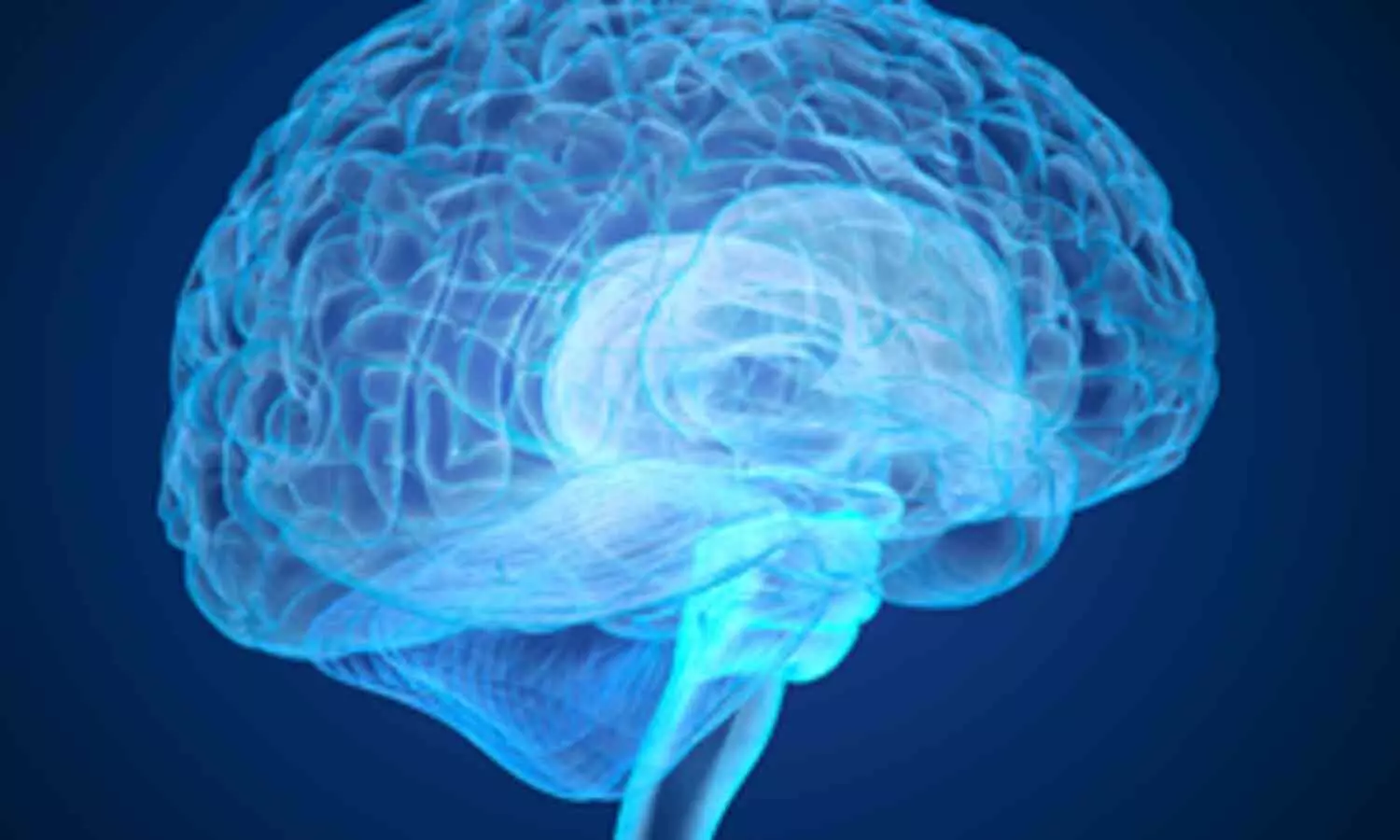Brain Activity Decoded to Aid Anxiety and Depression Treatment: Study

New York: A team of researchers has identified newly evolved brain regions that facilitate social interactions and are closely connected to the ancient amygdala. This discovery could revolutionize treatment for psychiatric conditions like anxiety and depression. The study, conducted by Northwestern Medicine in Chicago, USA, and published in Science Advances, sheds light on how the human brain evolved advanced social cognitive abilities.
The research focuses on understanding the brain's capacity for "theory of mind," or the ability to consider what others are thinking and feeling. These skills are rooted in recently evolved brain regions, highlighting their relatively new development in human evolution.
At the core of these findings is the amygdala, an ancient brain structure known for its role in processing emotions. Within the amygdala, the medial nucleus plays a pivotal role in social behaviors. The study is the first to demonstrate that this specific area of the amygdala is connected to the brain’s newer social cognitive network. This network is responsible for higher-order social thinking, such as understanding others’ perspectives and emotions.
The connection between the medial nucleus and the social cognitive network provides critical insights into how these regions interact. The medial nucleus enhances the social cognitive network's function by integrating emotionally significant information processed by the amygdala.
This discovery has profound implications for understanding anxiety and depression, conditions often associated with amygdala hyperactivity. Overactive amygdala responses can lead to heightened emotional reactivity and impaired emotional regulation, common symptoms of these psychiatric disorders.
The study also suggests potential advancements in treatment options. Transcranial magnetic stimulation (TMS), a non-invasive procedure, could target these newly identified brain connections to improve emotional regulation and social cognitive functioning. By leveraging this knowledge, TMS could offer more precise and effective interventions for patients with anxiety and depression.
The findings mark a significant step forward in unraveling the complexities of the brain’s social and emotional networks. By exploring the interplay between the amygdala and newly evolved brain regions, the study not only deepens our understanding of human evolution but also paves the way for innovative treatments for psychiatric disorders.


